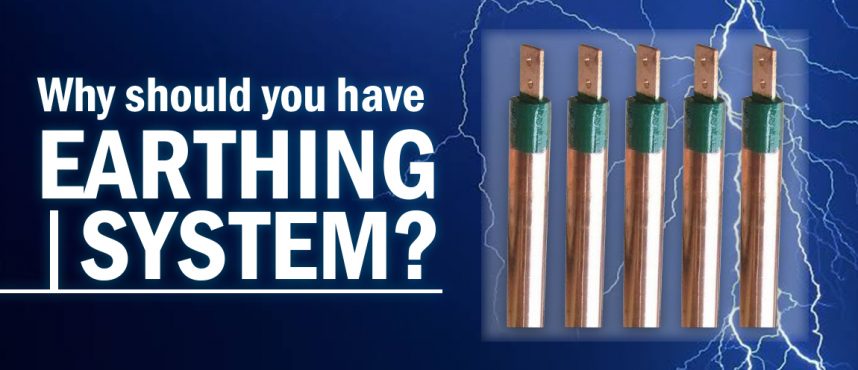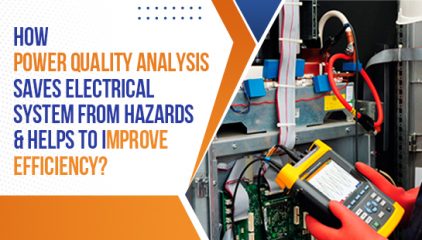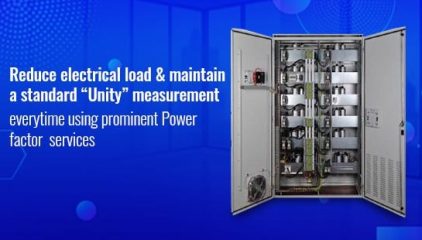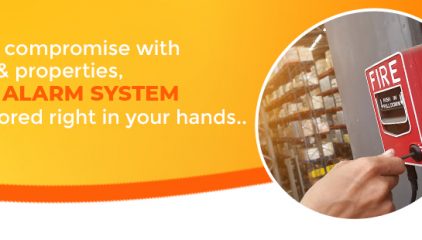Why should you have an Earthing system?
Today’ there exist no organizations that are not using electrical types of equipment. Using your appliances with earthing system creates a prevention layer and thus safeguards the appliances and infrastructure.
NTIPL has developed a full range of earthing products and services to defend and prevent all the assets of an organization and thus secure the infrastructure from lightning hazards. Below are a few major points to be considered about Earthing System.
What is Earthing?
- Used to protect us from an electrical shock
- It does this by providing a path for a fault current to flow to earth
- It also causes the protective devices to switch off the electric current to the circuit that has the fault by the help of the fuse
Objectives of Earthing
- Avoid potential rise of parts of equipment other than the live parts
- Safe passage to earth for the fault current
- Suppress dangerous potential gradients on the earth surface
- To retain system voltages within permissible limits under fault conditions
- Maintain the voltage at any part of an electrical system.
Terminology
- Earth – the proper connection b/w electrical installation system via a conductor to the buried plate in the earth.
- Earthed – when an electrical device, the appliance is connected to the earth electrode. Example: plates, rod, wires, and pipes.
- Earth electrode – when a conductor (or conductive plate) buried in the earth for the electrical earthing system.
- Earthing conductor– the conductor wire or conductive strip connected between earth electrode and electrical installation system and the device is called earthing rod.
- Earth continuity conductor – the conductor wire which is connected among different electrical devices and appliances like DB, different plugs and appliances, etc.
Types of Earthing :
- Neutral earthing
- Equipment earthing
Types of Earthing Installation:
- Conventional earthing
- In the conventional earthing system a metal plate, coal and salt is used for the earthing system
- It requires maintenance and pouring of water at regular interval
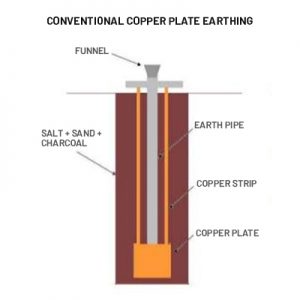 Chemical earthing
Chemical earthing
-
- Chemical earthing is the most reliable and hassle-free solution for earthing needs in both industrial as well as residential sectors.
- The chemical earthing or gel earthing has an extra edge over other types of conventional earthing
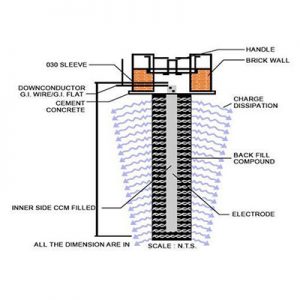 Factors affecting Earth Impedance:
Factors affecting Earth Impedance:
- Soil
- Weather
- Electrode type
- Electrode size
- Nearby utilities
- Electrode in parallel
- Distance between electrode
Earthing systems form the first line of defense in every type of electrical system. The system may be a generator/transformer/ housing installation/generating station/etc. So it is strictly advised to know the basic concepts of grounding as far as electrical engineering is concerned.



